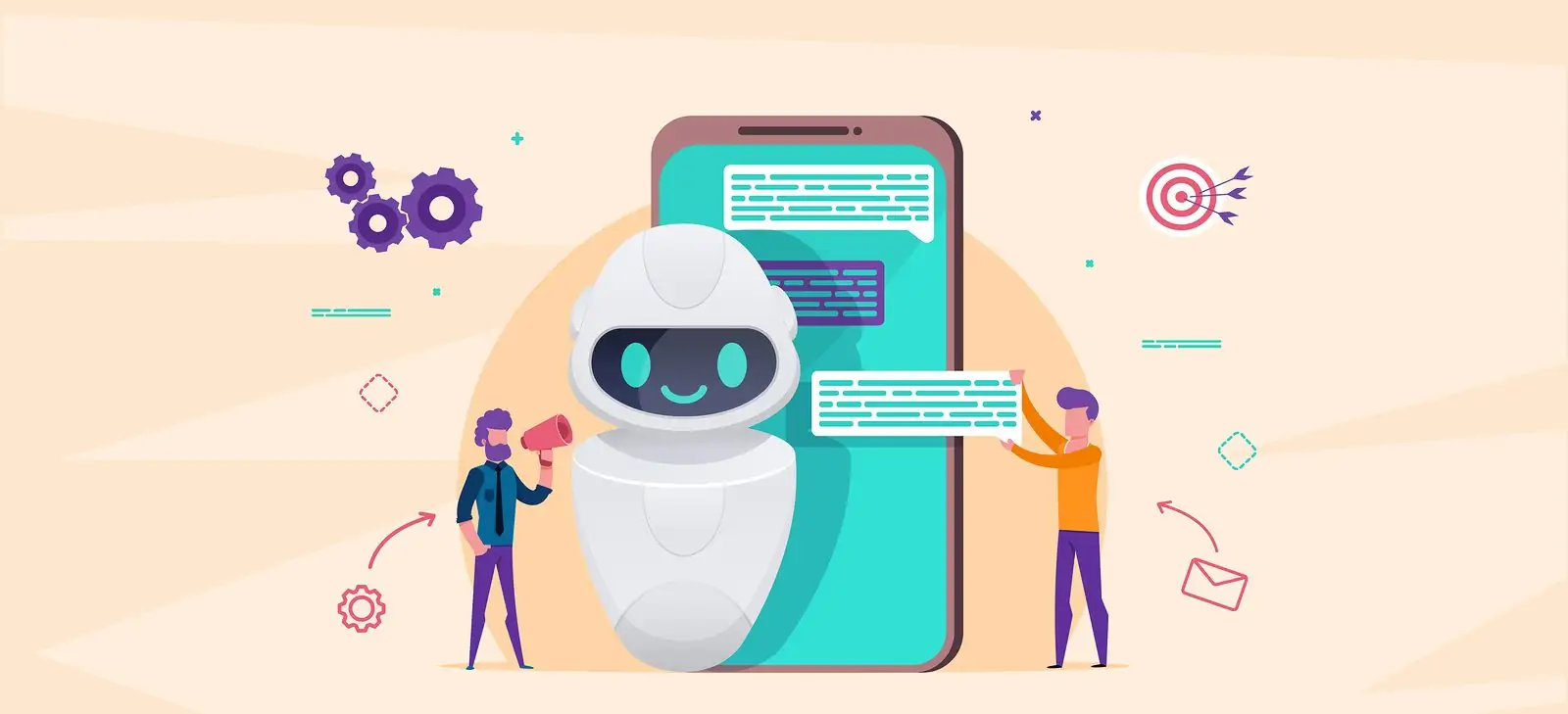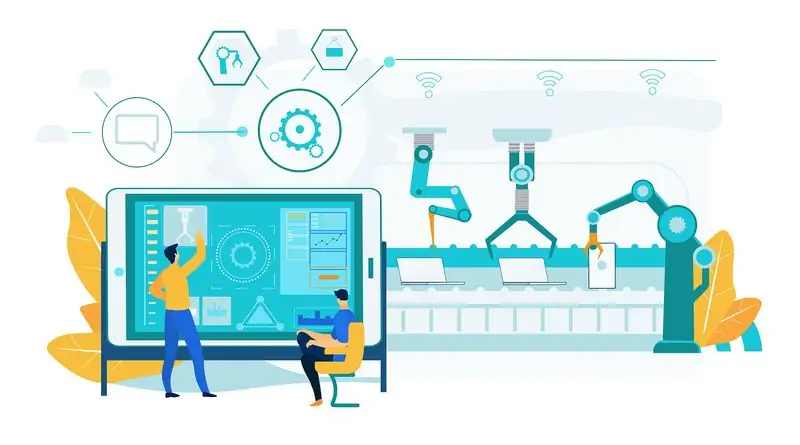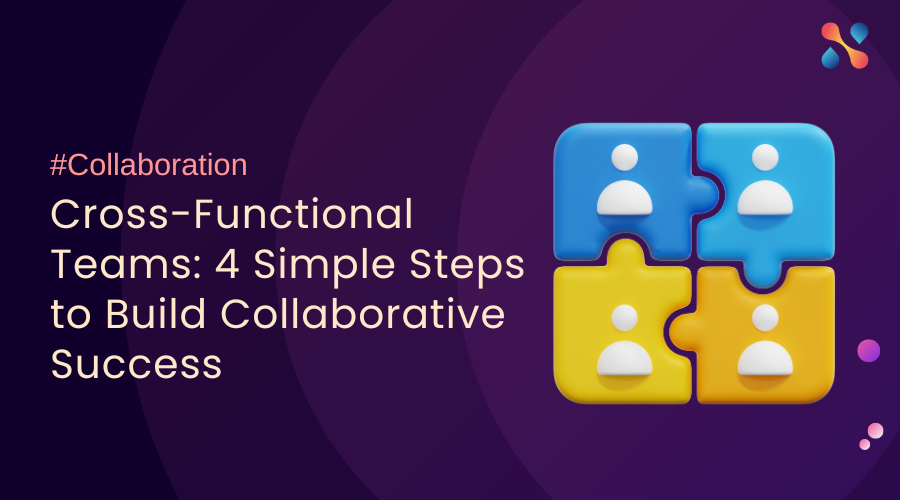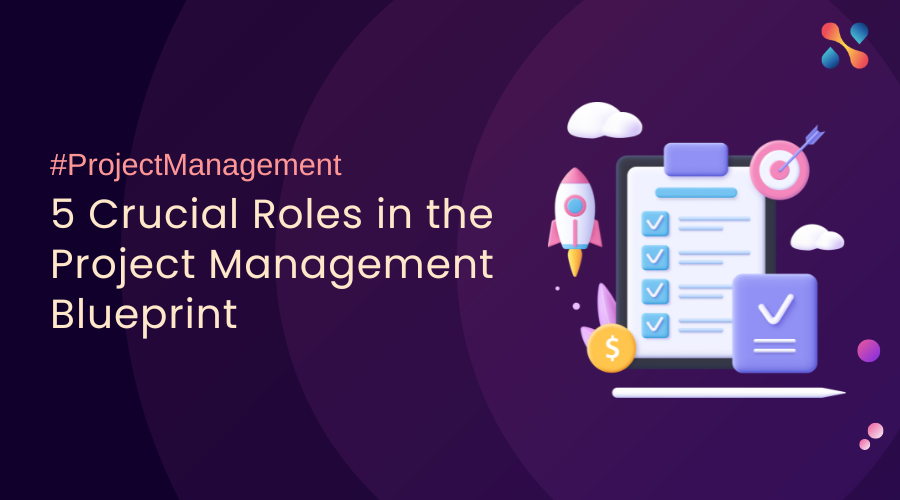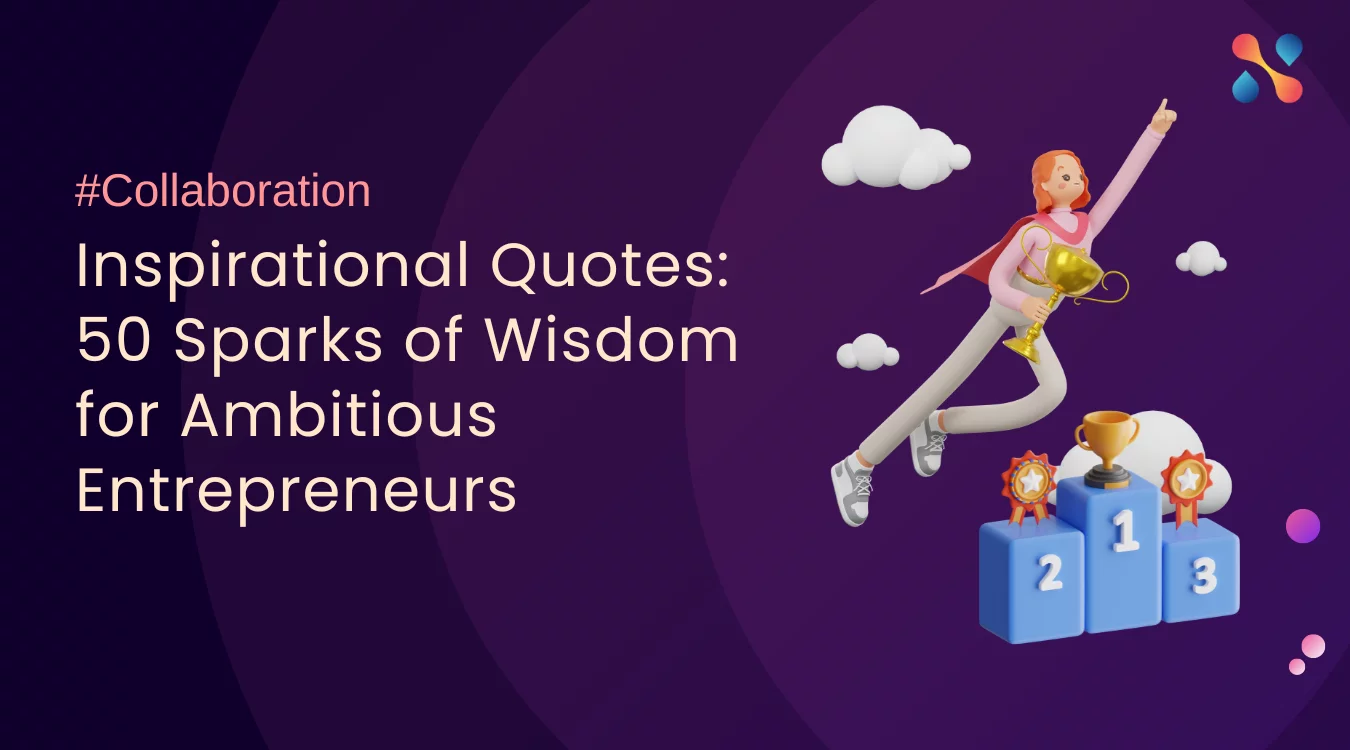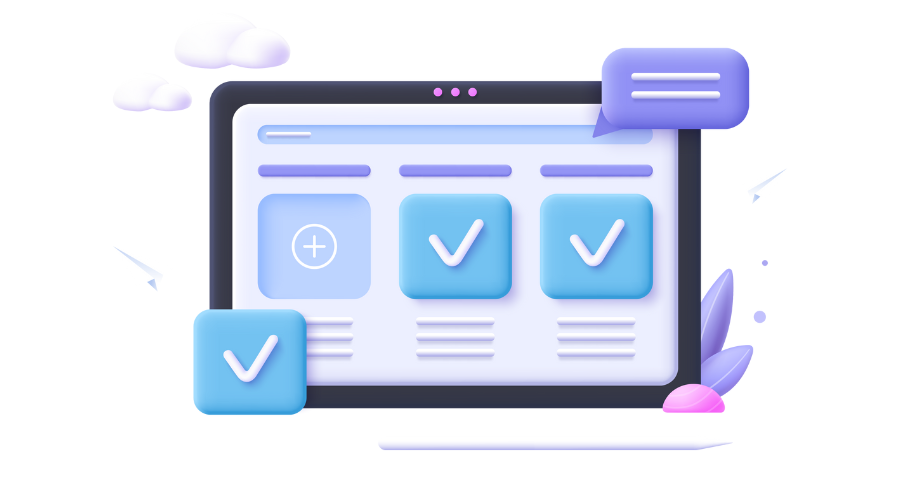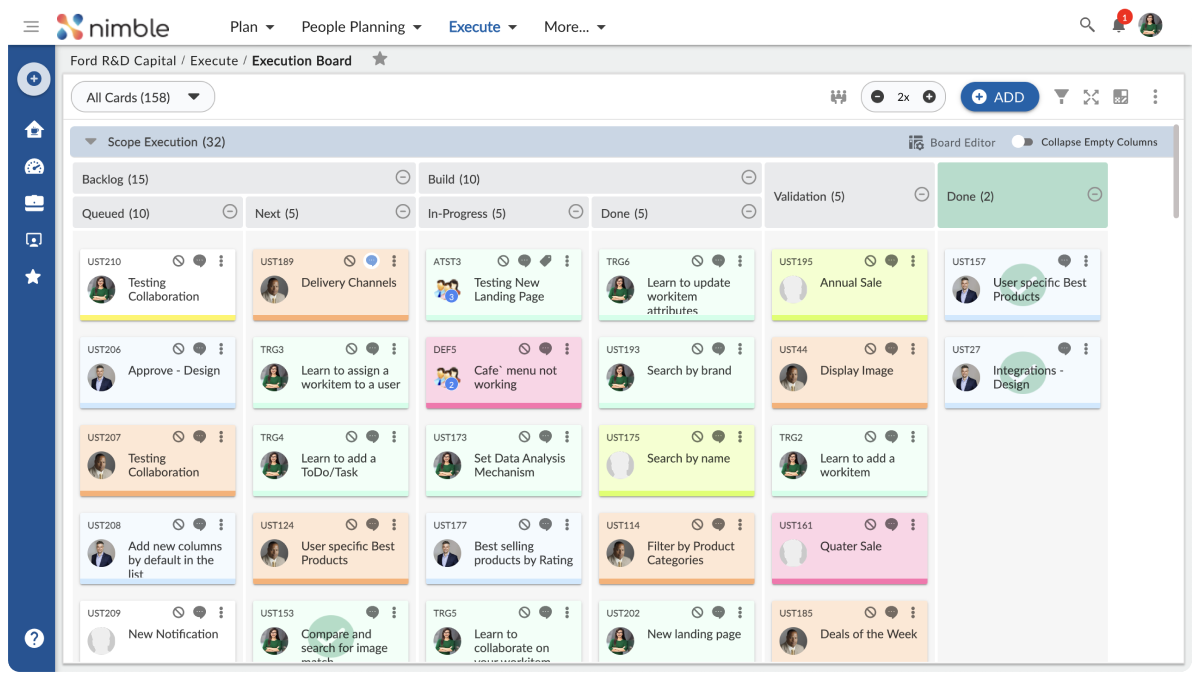In the era of technological innovation, the influence of Big Data, Blockchain, Artificial Intelligence (AI), and Machine Learning (ML) is transforming everyday activities. AI emerges as a game-changer, offering businesses the ability to enhance efficiency, reduce errors, and plan strategically. AI-based solutions, from chatbot assistants streamlining task management to predictive analytics aiding in planning, are revolutionizing project delivery.
With the potential to automate routine tasks, predict and mitigate errors, improve productivity, and assist in decision-making, AI is reshaping project management, contributing to enhanced performance across the entire business production chain. Explore the diverse benefits of AI in Project Management and consider integrating AI-based work management solutions to elevate your organization’s performance.
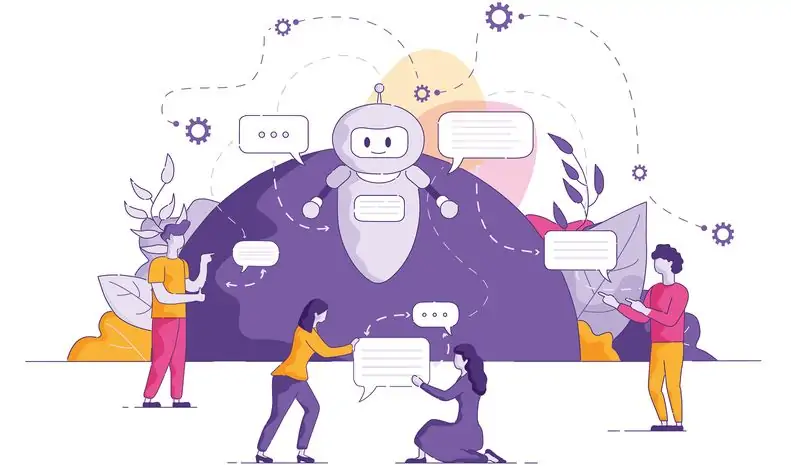
AI – The Game Changer
The rules of the game are constantly changing, and businesses must adapt to this fast-changing world to be on the forefront of the competition. For companies that work on projects regularly, AI-based solutions can increase productivity and reduce errors drastically. Project management/ delivery involves knowledge and skills to carry out activities in order to achieve established corporate goals, whether related to the profit of the organization or the policies that govern the company’s everyday routine.
With the advent of Artificial Intelligence (AI), companies now have the capability to not only improve the efficiency of their day-to-day activities but also plan better for the near future. Advancement in the field of AI has also reduced the need for humans to be occupied with redundant tasks, thereby enabling the workforce to be engaged in better, more rewarding tasks.
Let us see how AI-based solutions can aid organizations in managing project deliveries.
1. AI-Chatbot Assistants
It is a common practice these days to include AI chatbot assistants in software applications and this trend is going to increase in the future. According to Gartner, “By 2027, chatbots will become the primary customer service channel for roughly a quarter of organizations. Thanks to their ability to use natural language processing to map a spoken or written input to an intent, chatbots are rapidly entering the workplace. This is great news for organizations with large populations of millennials.” Chatbots can play a vital role in the area of project management. NLP technology (Natural Language Processing) allows bots to relate concepts, entities, ideas, knowledge and know-how to respond to your needs. In a process called LLM fine-tuning, a chatbot can consume well-researched well-organized info. Next time you ask them some query, their answer is going to be more detailed and accurate.
One of the most comprehensive Project Management responsibilities is task management. The Project Manager must delegate and monitor the execution of activities, organize them on schedules and ensure that no obstacle is hindering the completion of tasks.
This type of work can be automated with a chatbot designed specifically to fulfill functions like assigning tasks, getting status updates, providing warning signals of potential roadblocks etc. Several companies already have this type of solution, both with the goal of making project management impeccable and to better organize each team’s work.
Teams using Agile methods can take advantage of a chatbot that can assist in task selection, ask the team members daily what their current tasks are and what tasks are completed etc. At the end of a sprint, bots can create reports that can be distributed to all stakeholders involved in the project.
In addition, chatbots can also facilitate meetings between teams, consulting each one on the availability of schedules. Those who use traditional project management techniques can also set up a chatbot that automatically measures the time spent on each task and, based on what still needs to be done, estimates a realistic deadline for project completion.
2. Reduction of errors
The prediction of errors and their consequent reduction is an important aspect of all projects, especially software/ IT projects where software quality and the number of defects detected at any stage is an important measure of the project quality.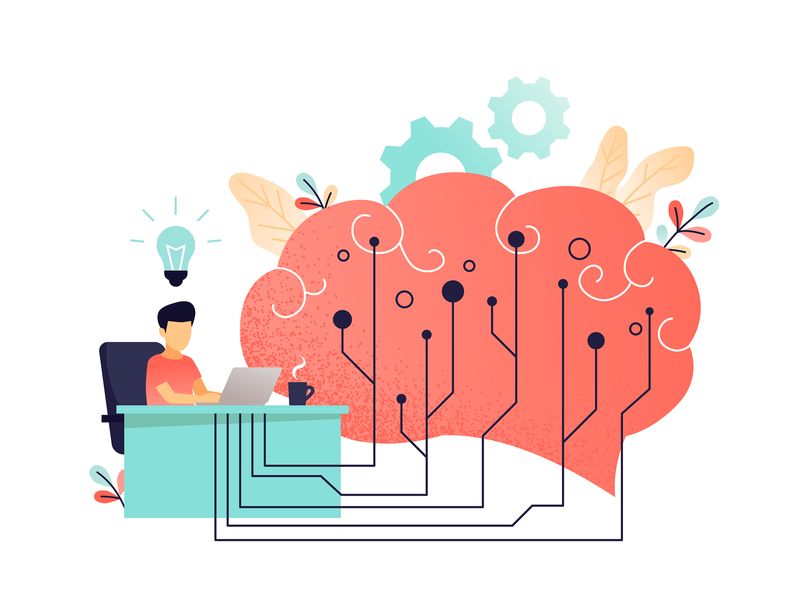
AI can map and identify errors/ risks before they happen and can show how to overcome them, and increase the quality of the end product and also minimize the deviations in cost and schedule.
3. Predictive Analytics Solutions
In a recent study conducted by McKinsey, they found that of the 1,800 software projects that were analyzed, only 30% of the projects were delivered on time. In addition, 1 in 5 of the projects was able to follow the schedule because they took some functionality out of the project scope. And we all know what a delay in the project means: more development costs and a considerable increase in indirect costs.
It is in this context that AI-based predictive analytics tools have gained tremendous momentum in the market. With this technology, companies are starting to reap the rewards of being able to estimate the effort and resources needed to complete a project more accurately. This is possible because, although each project is unique, the resources that influence the progress and make up the work of a software development project are mostly similar. Predictive analytics then allows us to find these patterns and throw light on the work of planning accurately.
According to McKinsey, planning with predictive analytics produces great results. The variation in the schedule dates falls drastically with the use of a predictive model. And the effect is not only on time but on the quality of development. Defects per line of code show a reduction of 30% – 40%.
In addition to providing insights for software development, a predictive model can help in various ways, which includes team time management, talent co-ordination, and priority control of the tasks that make up the project.
4. AI-driven Risk Management
In the realm of project management, Artificial Intelligence (AI) emerges as a game-changer, particularly in risk management. Leveraging predictive analysis, AI algorithms scrutinize historical project data to identify potential risks, enabling proactive mitigation strategies. Real-time risk assessment ensures dynamic adjustments as the project progresses, and AI provides adaptive mitigation strategies tailored to specific project needs. This approach not only enhances decision-making by offering comprehensive risk insights but also allows project managers to navigate uncertainties with agility and ensure project success.
5. Improve Productivity & Efficiency
A direct consequence of forecasting and reducing errors through AI is an increase in efficiency. AI can automate some simple tasks such as sending emails, notification about project delays, costs, and more. Automating these tasks can save the time the project team would have to spend on day-to-day tasks, giving them more opportunities to think about innovations and improvements to the project. AI-based solutions become capable of reading and analyzing the data generated by teams, and start noticing and indicating events which could hamper the workflow.
6. Help in making decisions
Artificial Intelligence is capable of sifting through a large volume of data and aid in making decisions to help the Project Manager understand which path will be best for efficient delivery of the project. In this sense, Artificial Intelligence can automate not only simple tasks but develop an understanding of the key performance indices of the projects. This can then enable the development of new ideas and help accomplish bigger tasks and make recommendations for complex decision-making.
IBM estimates that by 2025, data-based decision-making will be a $2 trillion market.
Final Thoughts
Artificial intelligence is changing the way organizations work, and project management is an important area positively affected by these changes. The benefits of Artificial Intelligence in project management are very broad and relate to the entire business production chain, guided by established guidelines and goals, helping to improve the performance of your projects. So, it is recommended to look for AI-based work management solutions in your organization at the earliest. Which specific set of solutions will work for you depends on the kind of data you already capture, the delivery style and culture of your teams, and the specific kind of challenges that you currently face that you should be looking to solve.

